After much speculation, the Passenger Service Charge (PSC) charged to for non-Asean international flights out of all airports except KL International Airport (KLIA) is set to be confirmed at MYR50. This is a reduction from the original charge of MYR73 set in January 2019.
The reduction was announced by Malaysia’s Transport Minister Anthony Loke and is set to take effect from Oct 1st 2019. Passengers to non-Asean destinations flying from KLIA will continue to pay MYR73.
Passenger Service Charge
In announcing the reduction in Passenger Service Charge, the Minister said the change would help offset the effects of the new departure levy charged for flights booked from 1st September 2019. Passengers who have paid for PSC for flights after 1st October can make a refund claim from airlines. It must be noted that AirAsia has been charging MYR50 since the charge was implemented.
Departure Levy charges
Destinations within Asean:
- Economy class: MYR8
- Business class and business suites: MYR50
Destinations beyond Asean:
- Economy class: MYR20
- Business class and business suites: MYR150
Exemptions:
- Passengers aged below 24 months,
- International transit passengers with a stopover time of less than 12 hours,
- Crew on duty and
- Travellers who booked flights before 1st September 2019
In a separate statement issued by MAVCOM (Malaysian Aviation Commission) the authorities have flagged further tweaks to the PSC. This signals an acknowledgement of the different services and facilities offered at smaller airports like Langkawi, Melaka or Subang. This should make them more affordable for passengers and more competitive for airport operators.
The tier-based airport charges, “Regulated Asset Base Framework” (RAB), will be announced and gazetted for implementation effective January 2020.
RAB methodology is a globally recognised cost-based mechanism. It provides a sustainable funding model for airports, whilst also taking into account impact to airport users.
The charges are based on size, level of facilities and services available at the airports and will reduce government subsidies for airport operations.
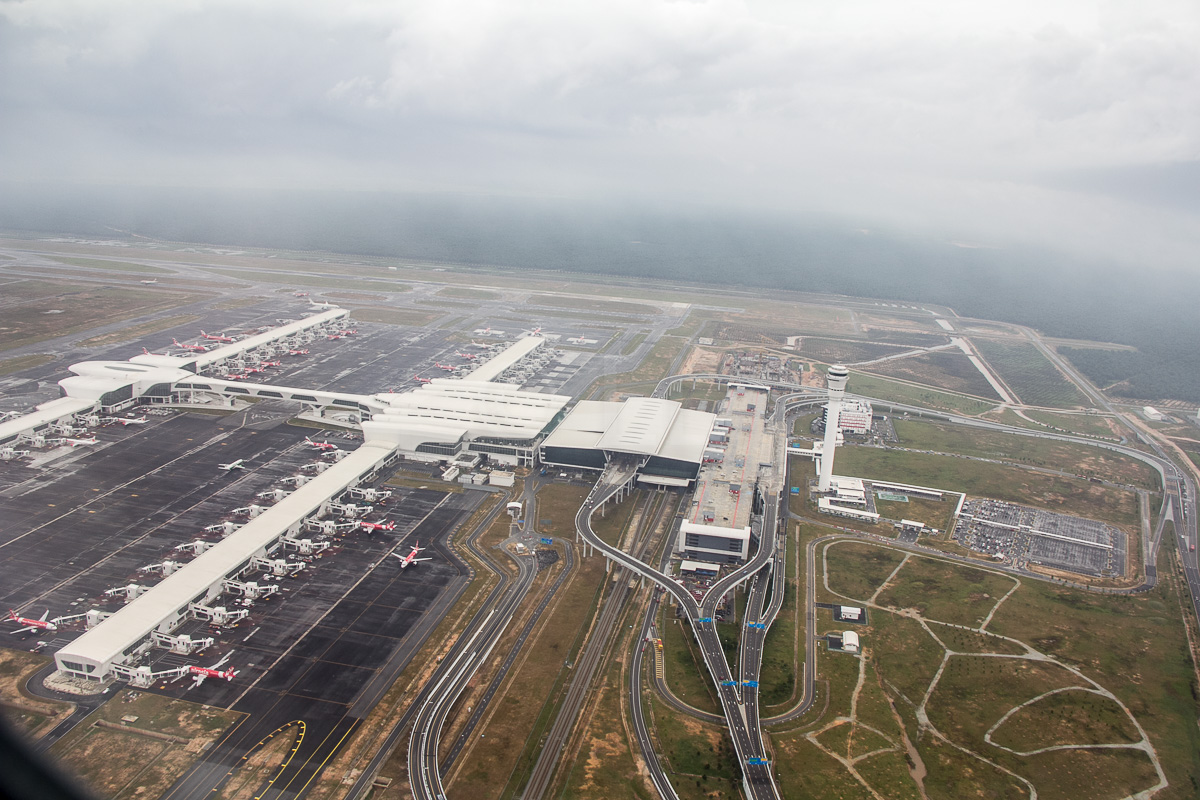
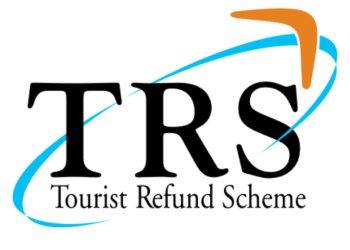
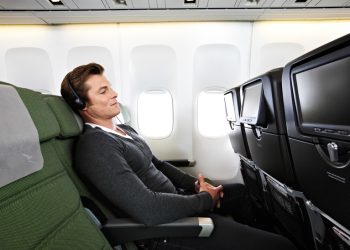

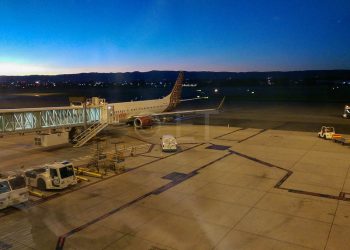
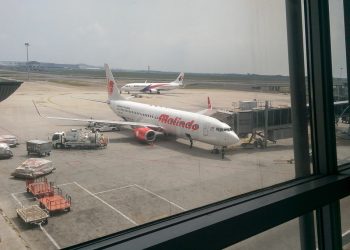
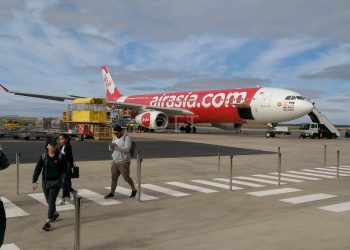
This Post Has 0 Comments